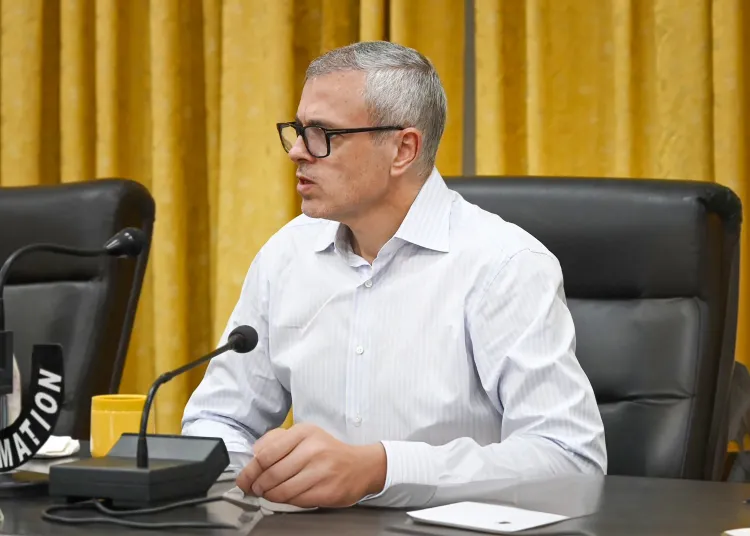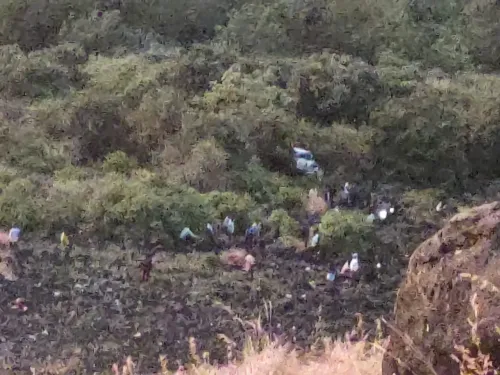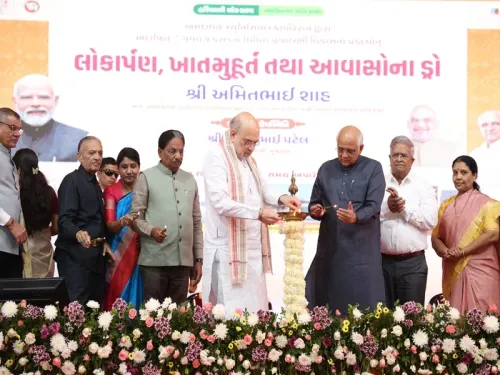Did CM Omar Abdullah Accept the CSC Report on Reservations?

Synopsis
Key Takeaways
- CM Omar Abdullah has accepted the CSC report on reservations.
- The report aims to rationalize reservations for government jobs.
- Open merit candidates currently compete for only 30% of jobs.
- The revision of reservations is politically and constitutionally complex.
- Criticism from political opponents highlights the contentious nature of the issue.
Srinagar, June 20 (NationPress) The Chief Minister of Jammu and Kashmir, Omar Abdullah, announced on Friday that his administration has endorsed the cabinet subcommittee (CSC) report concerning reservations. This report has now been forwarded to the law department for further evaluation and feedback.
The cabinet convened on Wednesday to deliberate on the CSC report regarding reservations. The governing National Conference (NC) had established a CSC consisting of five ministers to propose changes aimed at the rationalisation of reservations for government positions, intending to make the reservation system more open and favorable to merit.
Under the current reservations for Scheduled Tribes (STs), Scheduled Castes (SCs), Other Backward Classes (OBCs), residents of backward areas (RBAs), residents of the Line of Control (LoC), candidates with disabilities, and horizontal reservations, open merit candidates are only competing for 30 percent of the available government jobs and seats in various professional courses.
Revising the reservation policy in J&K is a politically and constitutionally sensitive topic.
Any increase in open merit reservations would necessitate a reduction in the quotas for various reserved categories, presenting a politically charged challenge for the Union Territory government as it seeks to address the demands of open merit candidates.
From a constitutional perspective, the situation becomes even more complex. The existing reservations were established following the passage of the J&K Reorganisation Act 2019 by Parliament after the abrogation of Article 370.
The critical question arises: can a Union Territory government amend reservations enacted by Parliament, even if they are endorsed by the J&K Legislative Assembly?
Caught in a dilemma, CM Omar Abdullah has criticized both Mehbooba Mufti and Sajad Gani Lone, who have been advocating for increased opportunities for open merit candidates.
CM Abdullah pointed out that when Mehbooba Mufti held power, or when she was in need of votes, she remained silent on reservations, just as Sajad Gani Lone did during his tenure as a minister. Today, they are criticizing the NC government, which not only initiated the CSC but also accepted its recommendations.










